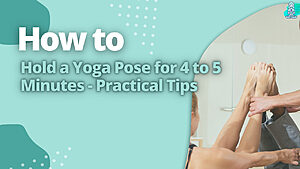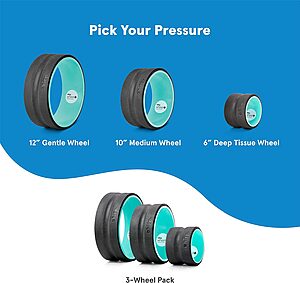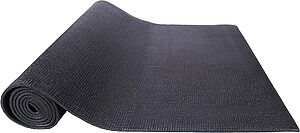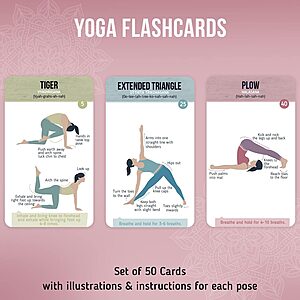Aerial yoga has a weight limit of 300 pounds. This is due to the structures and fabric used in the hammocks and the safety of participants.
Finding a form of exercise that works for those with larger body sizes can be difficult and discouraging.
If you are interested in trying aerial yoga but are unsure if your size will prevent you from doing so, read on to learn more about what you need to know.
Key Takeaways
- Aerial yoga is a form where the practitioner poses while suspended in a fabric hammock.
- The weight limit for Aerial Yoga can vary from one hammock manufacturer to another and will depend on the type of material used for the fabric and its strength rating.
- Generally, most commercial aerial yoga hammocks are designed to hold up to 300 pounds or 136 kg. Still, some may have higher weight limits depending on the materials they are made with.
- It is important to check with your instructor or studio before participating in an aerial yoga class, as they can provide you with specific weight limits for their equipment.
Here’s The Answer To What Is The Weight Limit For Aerial Yoga

Aerial yoga, also known as anti-gravity yoga, is a type of fitness activity that combines traditional yoga poses with elements of aerial acrobatics.
The primary focus of aerial yoga is to provide physical and mental benefits while reducing stress and allowing practitioners to explore their bodies in new ways.
The weight limit for aerial yoga is usually determined by the manufacturer or supplier of the equipment used in each class.
Generally, the weight limit for hammocks used in aerial yoga ranges from 250-300 pounds. Instructors typically require participants to sign waivers before participating in the class.
When shopping for an aerial hammock, look for one constructed from high-quality materials such as nylon or polyester webbing.
My personal experience with this exercise has been incredibly rewarding—it’s a great way to improve your strength, balance, and flexibility.
What Is Aerial Yoga?
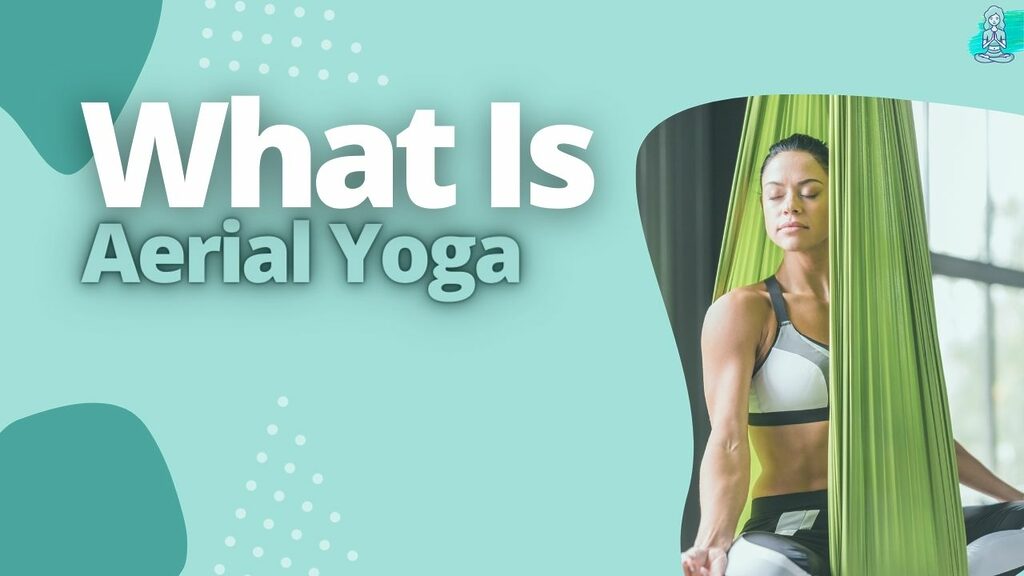
Aerial yoga is a type of fitness practice that involves using an aerial hammock, also referred to as a silk hammock, to do various poses and stretches.
It also incorporates elements of aerial arts, aerial silks, inversion, and trapeze.
The fabric supports your body weight while you perform various stretching and strength training exercises.
Benefits Of Aerial Yoga
Aerial yoga offers many physical and mental benefits.
It can help improve flexibility, grip strength, posture, core strength, and even aerial strength for performing tricks like flips in the air.
It also helps build body awareness and can help with anxiety and relaxation.
Understanding Weight Limits In Aerial Yoga

Weight limits are important for aerial yoga for the following reasons:
- The silk fabric used for the hammock or apparatus must be strong enough to support your body weight without breaking or tearing.
- Practitioners should keep their weight within a certain range to avoid putting too much strain on the fabric.
Factors That Affect The Weight Limit For Aerial Yoga
The weight limits for aerial yoga depend on several factors, including the type of fabric used (nylon vs. silk), the size of the hammock or apparatus being used, how much tension is applied when using it and how often it is used.
Additionally, some instructors may require students to weigh less than others due to safety concerns related to their classes or equipment.
Tips For Staying Within The Recommended Weight Limit

When practicing aerial yoga, it’s important to stick within your instructor’s or studio’s recommended weight limit.
Here are some pointers to assist you:
- Try wearing loose-fitting clothing such as leggings or shorts instead of jeans. This will prevent adding unnecessary bulk that could strain the material used for your class.
- Hold poses correctly with flexed muscles. Don’t rely on gravity or momentum, as this can increase your body weight in the air and exceed safety guidelines.
All In All
After reading this article, you now have a better understanding of the weight limit for aerial yoga.
It is important to be mindful when practicing aerial yoga and how much weight the fabric can hold safely.
Be sure to talk with your instructor about any questions or concerns that you may have before beginning.
If you found this information helpful, be sure to follow us. We are here to help make your aerial yoga journey as safe and enjoyable as possible.
My name is Mugen Seki, and I’m a painter and yoga enthusiast who is passionate about bringing together art and exercise in ways that help people connect with their inner selves. When I’m not painting, I’m practicing yoga. And when I’m not doing either of those things, I’m usually thinking about them.
- How to Hold a Yoga Pose for 4 to 5 Minutes – Practical Tips
- A Guide to Finding the Perfect Yoga Mat for Carpet Floors
- Can You Add Yoga To Fitbit Luxe (Unlock the Power)
- Can You Add Yoga To Garmin Vivoactive (Yoga On The Go)
- Is Aerial Yoga Dangerous (The Scary Truth)
- What Is The Weight Limit For Aerial Yoga (Exploring The Possibilities)


